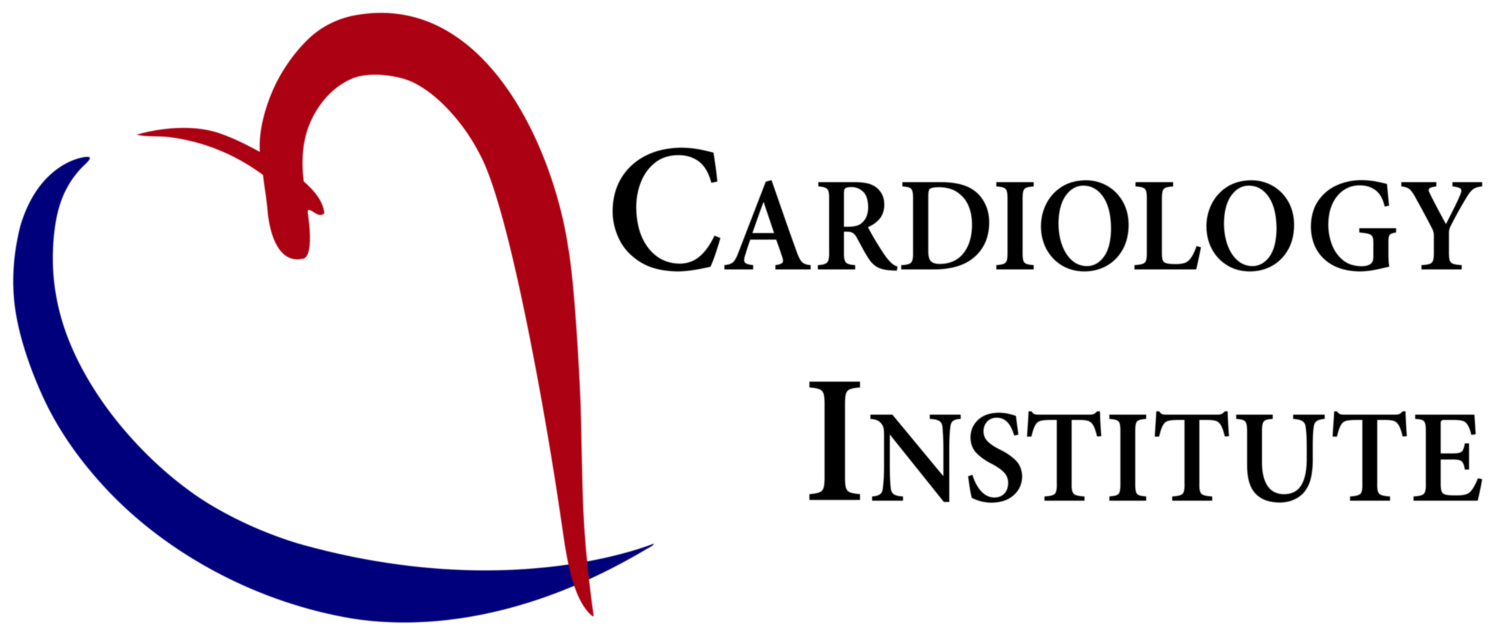A 45-year-old man with no prior cardiac history, but with cardiovascular risk factors including a 10-pack-year smoking history stopped last year, 5-year history of Type II diabetes on Metformin, obesity with BMI of 37, without a family history of premature coronary artery disease, now presented with exertional but inconsistent central chest tightness.
He was investigated extensively, including a negative exercise tolerance ECG at 13 minutes without symptom or ECG change. Despite reassurance, his chest pain continued at random, and has not resolved with a course of Omeprazole for presumed non-cardiac (possibly gastrointestinal reflux) chest pain.
What should we do?
- Reassure him that this pain is almost certainly non-cardiac
- Perform a stress echocardiogram as it has a higher sensitivity than an exercise ECG
- Perform an invasive angiography
Read more






